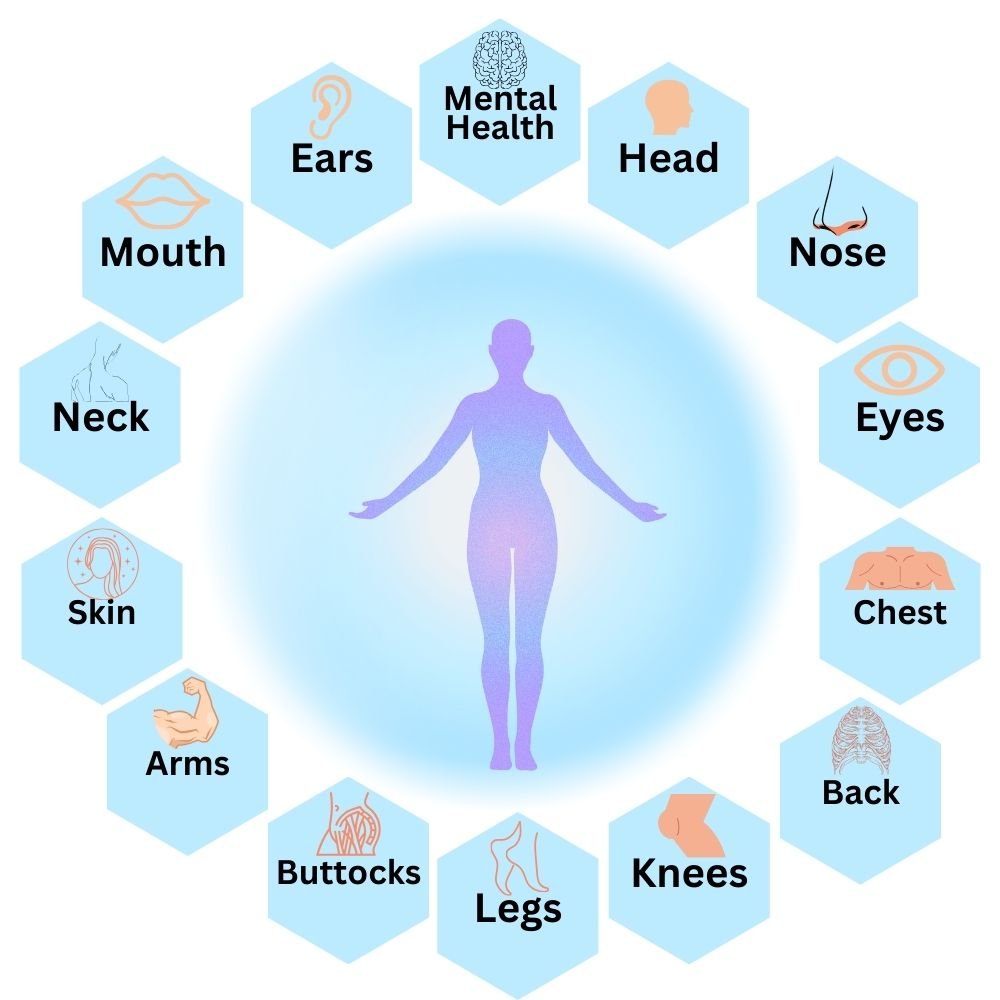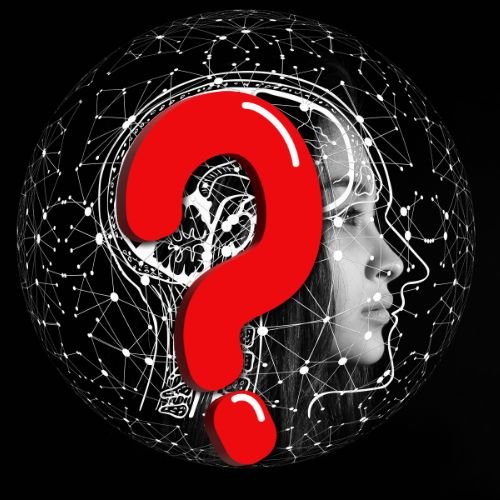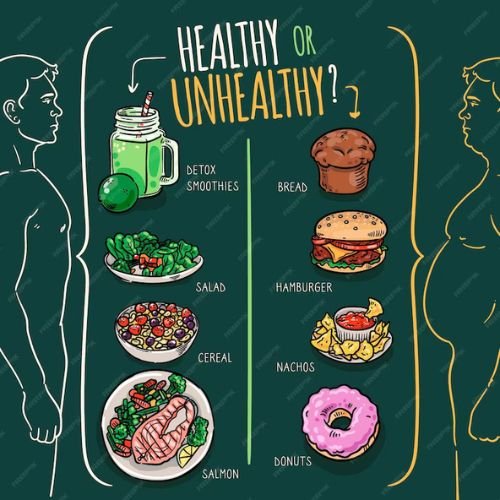Chest pain is a common symptom that can arise from various causes, ranging from benign to life-threatening conditions. It often prompts individuals to seek medical attention due to its alarming nature. Understanding the reasons behind chest pain, appropriate treatments, diagnostic tests, and recommended actions are crucial for timely management and ensuring optimal outcomes.
Chest Pain First aid Treatment
यदि व्यक्ति की नाड़ी नहीं चल रही है या वह सांस नहीं ले रहा है तो सीपीआर शुरू करें। यदि आप सीपीआर में अप्रशिक्षित हैं, तो केवल हाथों से सीपीआर करें। इसका मतलब है कि व्यक्ति की छाती पर एक मिनट में लगभग 100 से 120 बार जोर-जोर से धक्का दें। यदि आप सीपीआर में प्रशिक्षित हैं और अपनी क्षमता पर भरोसा रखते हैं, तो दो बचाव सांसें देने से पहले 30 छाती संपीड़न से शुरुआत करें।
Post Views: 29










